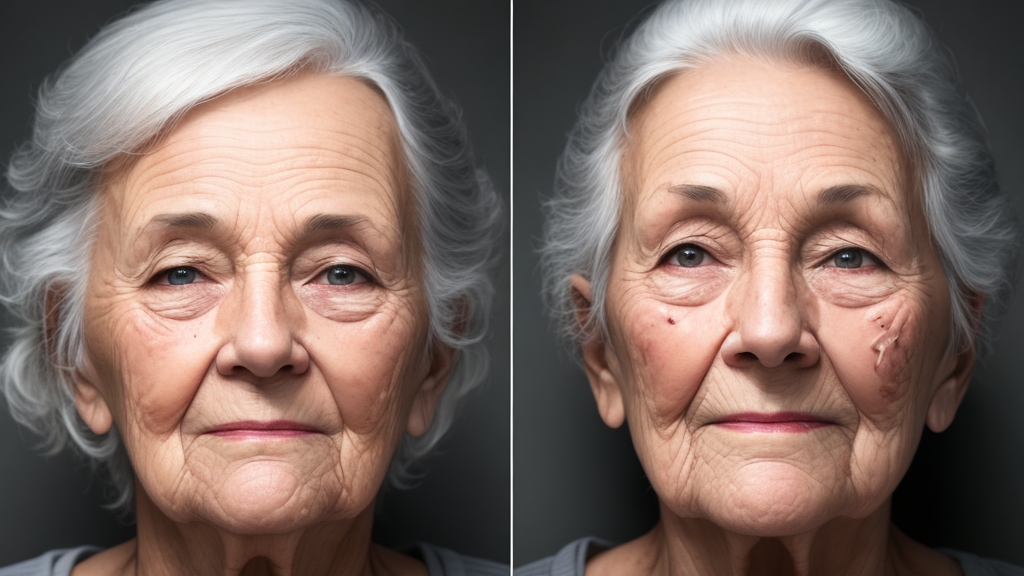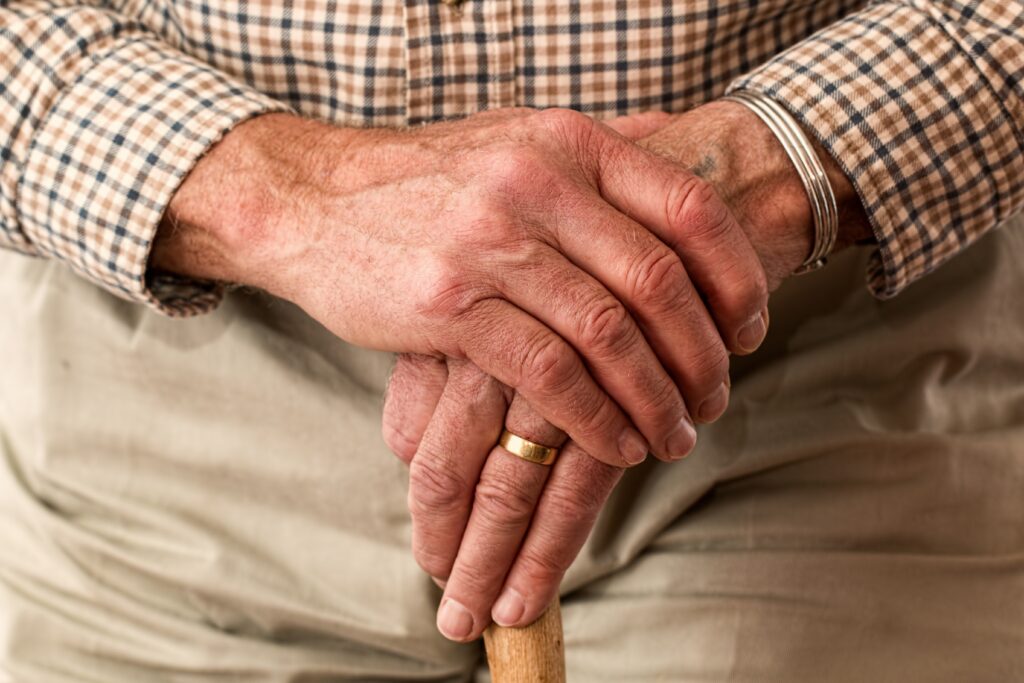Introduction
Aging is a natural process that everyone experiences, but many people strive to maintain their youthfulness and vitality as they grow older. While we can’t stop the clock entirely, there are strategies we can adopt to slow down the aging process and age gracefully. In this article, we will explore the science behind aging, delve into key lifestyle factors that influence the aging process, and provide practical tips on how to slow down aging and maintain a youthful outlook.

Understanding the Science of Aging
Aging is a complex biological process influenced by genetic, environmental, and lifestyle factors. At the cellular level, aging is characterized by a gradual decline in cellular function and damage accumulation. Telomeres, the protective caps at the ends of our chromosomes, shorten with each cell division, leading to cellular senescence. Additionally, oxidative stress and inflammation play significant roles in aging.
Lifestyle Factors that Influence Aging
While genetics contribute to aging, research suggests that lifestyle factors have a profound impact on the rate at which we age. Here are key areas to focus on:
- Nutrition: A balanced diet rich in antioxidants, vitamins, minerals, and healthy fats can help combat oxidative stress and inflammation. Include colorful fruits and vegetables, whole grains, lean proteins, and omega-3 fatty acids in your diet.
- Exercise: Regular physical activity improves cardiovascular health, boosts metabolism, preserves muscle mass, and enhances cognitive function. Aim for a combination of aerobic exercise, strength training, and flexibility exercises.
- Sleep: Quality sleep is crucial for cellular repair, hormone regulation, and cognitive function. Maintain a consistent sleep schedule and create a sleep-friendly environment.
- Stress Management: Chronic stress accelerates aging. Practice stress-reducing techniques such as meditation, deep breathing, yoga, and engaging in hobbies.
- Mental Stimulation: Keep your mind active and engaged through activities like puzzles, reading, learning new skills, and social interactions.
Tips for Slowing Aging
- Protect Your Skin: Shield your skin from the sun by using sunscreen, wearing protective clothing, and seeking shade. Moisturize regularly and avoid smoking and excessive alcohol consumption, as they accelerate skin aging.
- Stay Hydrated: Drink an adequate amount of water daily to maintain optimal cellular function, support organ health, and keep your skin hydrated.
- Maintain a Healthy Weight: Excess body weight and visceral fat can contribute to inflammation and increase the risk of age-related diseases. Strive for a healthy weight through a balanced diet and regular exercise.
- Cultivate Social Connections: Strong social ties have been linked to better emotional well-being and cognitive function. Stay connected with friends, family, and engage in social activities.
- Practice Mindful eating: Slow down while eating, savor each bite, and pay attention to your body’s hunger and fullness cues. This mindful approach to eating can prevent overeating and support healthy digestion.
- Embrace Antioxidant-Rich Foods: Include foods high in antioxidants, such as berries, dark chocolate, green tea, and cruciferous vegetables, as they help combat oxidative stress and protect against age-related diseases.
- Engage in Strength Training: Incorporate resistance exercises into your fitness routine to preserve muscle mass, improve bone density, and maintain strength and mobility.
- Challenge Your Brain: Engage in activities that stimulate your brain, such as puzzles, crosswords, learning a new language, or playing a musical instrument. These activities help maintain cognitive function and promote neuroplasticity.
- Prioritize Mental Health: Take care of your mental well-being by practicing self-care, seeking therapy if needed, and prioritizing activities that bring you joy and fulfillment.
- Maintain a Positive Outlook: Cultivate a positive mindset and practice gratitude. Research suggests that optimism and positive emotions can contribute to healthier aging.
Conclusion
While we can’t completely halt the aging process, we have the power to slow it down and age gracefully. By adopting a holistic approach that combines healthy lifestyle choices, nurturing social connections, and prioritizing mental well-being, we can enhance our quality of life as we age. Embrace these tips and make small changes today that will have a profound impact on your future. Remember, aging is a journey to be embraced with wisdom and gratitude.


